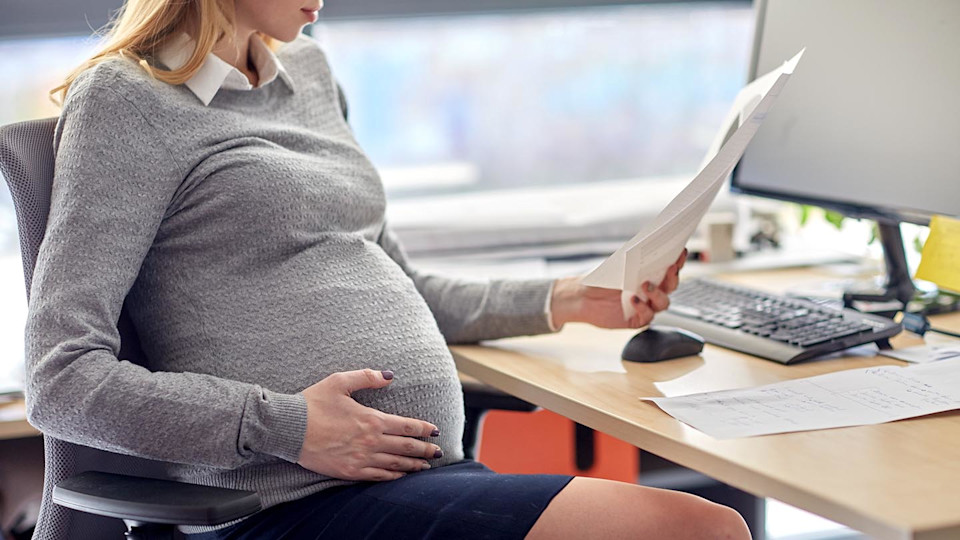Being notified of possible redundancy whilst pregnant can come as a huge shock at what should be an extremely exciting time of your life. We understand that your financial situation is a priority and are here to help clarify your rights and entitlements as a pregnant woman facing redundancy.

Employment
Morning sickness: Why Kate’s lucky she has an understanding boss
Work can be taxing at the best of times, but especially when you’re pregnant and managing morning sickness. While the lucky few may sail through without a twinge of nausea, many women spend the first few weeks or in some cases the whole nine months hugging a toilet bowl – or it certainly feels that way.
One woman who knows that feeling all too well is the Duchess of Cambridge, Kate Middleton, who announced her third baby with Prince William was on the way. As with her previous two pregnancies, Kate is suffering from a particularly severe form of morning sickness – hyperemesis gravidarum – and has already had to cancel an engagement. But for us mere mortals, how do you survive work when you’re not married to a Prince?
Can I take time off work for morning sickness?
The law on this is quite straightforward – if you’re suffering from a pregnancy-related illness then you are entitled to take time off work to recover. Check your company’s sickness or absence policy as the rules should be set out there. Essentially you should be paid the same as someone who is off sick for non-pregnancy related reasons so that may mean company or statutory sick pay.
Importantly, employers are not permitted to take pregnancy-related illness into account for absence management purposes. Your time off shouldn’t result in you hitting any ‘trigger points’ in this regard, neither should it be taken into account for totting up purposes. This means, for example, that absence due to pregnancy should not be considered in any decision making such as who should be given a bonus or selected for redundancy.
During pregnancy, it’s good practice for employers to do all they can to make your working environment as comfortable as it can be. The law requires employers to assess the workplace risks posed to you as an expectant mum and to alter your working conditions or hours of work to avoid any significant risk to you or your unborn baby. That could include allowing you to be more flexible with your hours or work from home if you’re not at your best.
What time off am I entitled to?
You’re entitled to paid time off to see the midwife, attend antenatal classes and for any other medical appointments which relate to the health and wellbeing of your unborn child. It’s worth keeping hold of any correspondence or appointment cards as failure to provide proof of these appointments could result in you not being allowed the time off.
If you’re in any doubt about your entitlements, ask to see a copy of your company’s maternity policy. This should explain exactly what time off is permitted by your specific employer and should be consistent with what is set out here.
How early can I start my maternity leave?
Most women choose to delay their maternity leave until the latest date possible to maximise the time they can spend with their baby. The earliest you can start it, however, is 11 weeks before you’re expected to give birth.
You’ll normally be asked to give your employer a date for stopping work, but if you’re off due to pregnancy-related illness in the four weeks before the expected week of birth of your baby, and before the date you have confirmed your maternity leave to start, then it will begin automatically on the day after the first day of your absence.
Will it affect my job?
If you feel you’re being treated differently because of your pregnancy then confide your concerns in a friend or family member, a trusted HR professional or your boss if you feel comfortable raising the issue with them. Your employer should not discriminate against you because of your pregnancy or pregnancy-related illness and if they continue to do so you should seek independent advice.
If you would like to speak to an employment lawyer, call on Freephone 0330 041 5869 or contact us online and we will be happy to help.
All information was correct at the time of publication.


